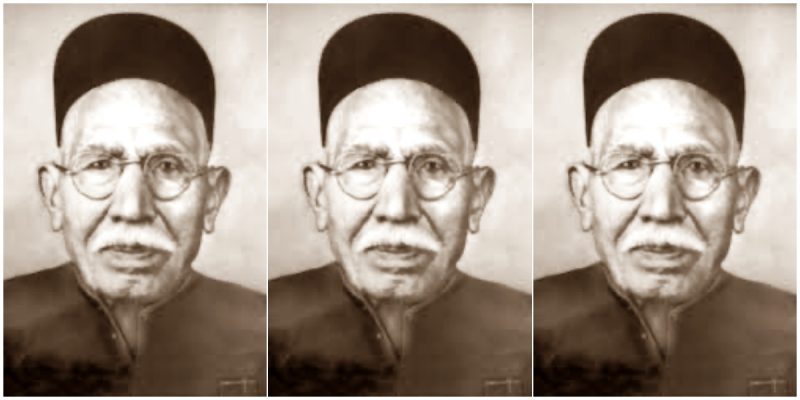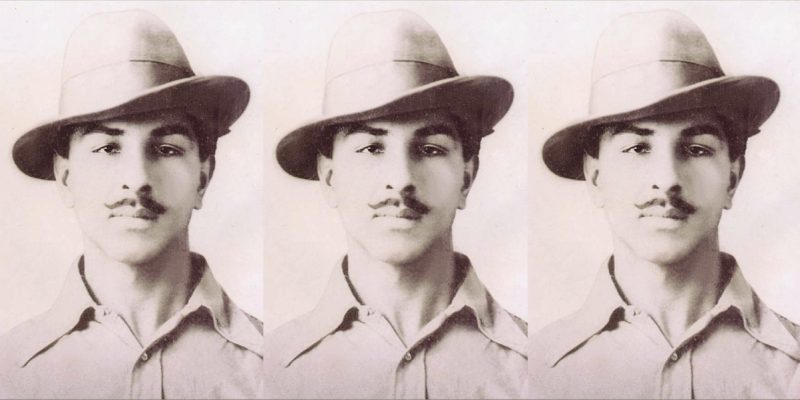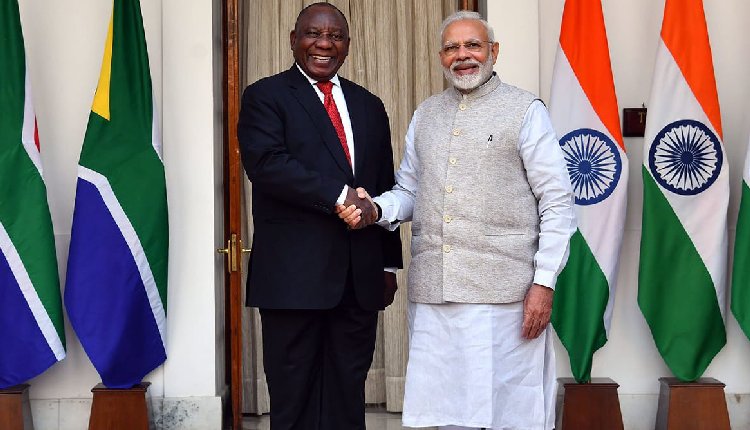On the anniversary of the martyrdom of Bhagat Singh, Rajguru, and Sukhdev on March 23, 1931, the focus shifts to Bhagat Singh’s lesser-known perspectives on caste and untouchability, which align more closely with B R Ambedkar’s ideology than with Mahatma Gandhi’s. Despite his renowned contributions to the freedom struggle and his atheistic beliefs, Singh’s views on caste merit attention.
 Singh, recognized as a pioneering figure in addressing caste issues, penned an article in June 1928 for the leftist publication Kirti, where he diverged from the mainstream narrative propagated by the Arya Samaj and Gandhi’s approach. Unlike the Arya Samaj’s efforts to integrate Dalits through purification rituals into Hindu society, Singh saw competition between religions as beneficial, as it compelled all faiths to acknowledge and incorporate Dalits, thereby alleviating societal curses.
Singh, recognized as a pioneering figure in addressing caste issues, penned an article in June 1928 for the leftist publication Kirti, where he diverged from the mainstream narrative propagated by the Arya Samaj and Gandhi’s approach. Unlike the Arya Samaj’s efforts to integrate Dalits through purification rituals into Hindu society, Singh saw competition between religions as beneficial, as it compelled all faiths to acknowledge and incorporate Dalits, thereby alleviating societal curses.
In line with Ambedkar’s advocacy for autonomous Dalit politics, Singh emphasized the importance of Dalit organizations in demanding equal rights and representation. He urged Dalits to unite, organize, and challenge societal norms, emphasizing self-reliance and cautioning against aligning with the British colonial state.
Singh’s stance on Dalit inclusion extended beyond religious boundaries, rejecting purification rituals and advocating for their full integration into society without discrimination. He criticized the karma theory, highlighting its role in justifying Dalit oppression, and challenged India’s spiritual image, noting the hypocrisy of claiming spirituality while perpetuating caste-based discrimination.
Despite his nationalist fervor, Singh confronted India’s internal contradictions, questioning how Indians could seek equality abroad while denying it to Dalits at home. He denounced the caste system’s hindrance to progress, emphasizing the universal necessity of respecting human dignity and labor.
On this day of remembrance, Bhagat Singh’s nuanced views on caste and untouchability serve as a reminder of his broader vision for an inclusive and egalitarian society.




